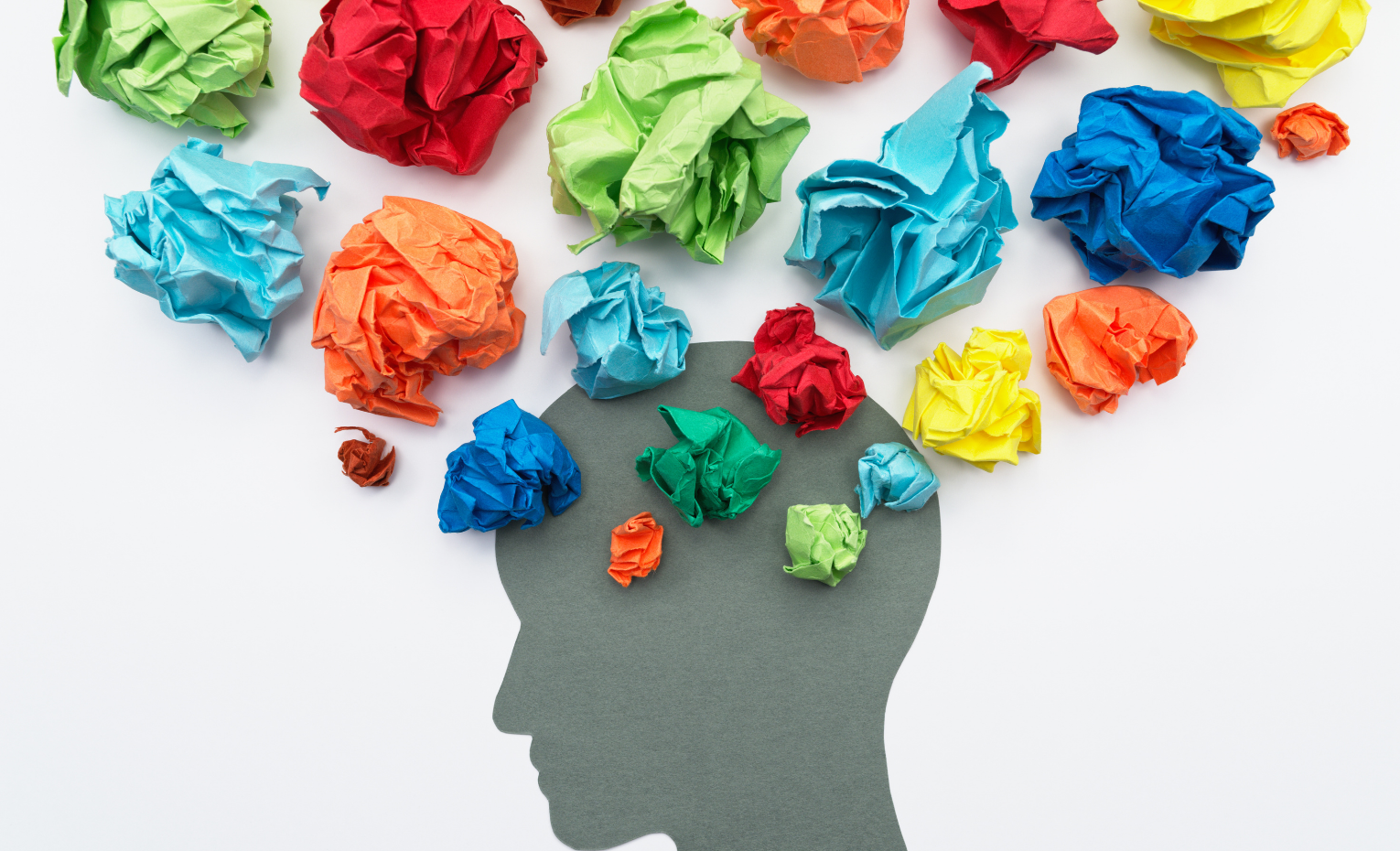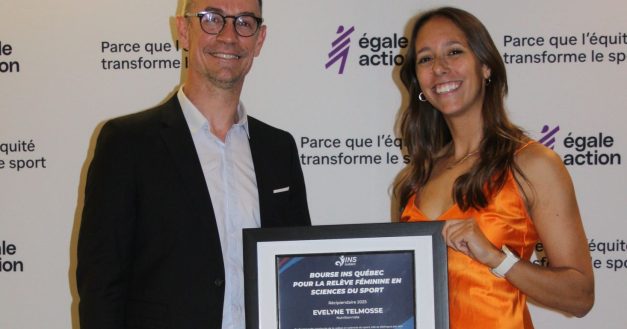Let’s continue to protect the mental health of athletes

LET’S CONTINUE TO PROTECT THE MENTAL HEALTH OF ATHLETES
For athletes at all levels, including those who will soon be competing in the Beijing 2022 Olympic and Paralympic Games, as well as those who did so in Tokyo last summer, the last few months of preparation have been marked by uncertainty and punctuated by health restrictions of all kinds, closures, postponements and cancellations of sporting events once again.
The Covid-19 pandemic has left many athletes feeling isolated, out of control, and at times, even at a loss of identity. Among the many psychological impacts of the pandemic on athletes at all levels and in different countries around the world, there is anxiety, worry, fatigue, depression, insomnia, as well as a decrease in energy and motivation. Certainly, the last two years have not been easy.
Of course, these mental health issues existed long before the pandemic. While approximately 1 in 5 Canadians (20%) will be affected by a mental health issue in their lifetime, the prevalence of these issues averages 25% among high performance athletes who are dealing with high levels of stress and a demanding environment. This percentage can be as high as 45% for certain problems, including eating disorders.
To better support athletes, INS Quebec has made available to athletes two in-house mental health workers, starting in April 2020. This is a first in Canada in the network of Canadian sports institutes and centers.
Since the beginning of the pandemic, the Institut’s team has developed and offered more than thirty workshops, presentations, web capsules and webinars on various themes related to mental health and mental preparation such as resilience, recovery and sleep, psychological health or stress and emotion management.
So, during the Games, let’s not only celebrate the success of the athletes who achieved their goals, but also the resilience and strength of character of those who were able to make the most of this very particular context, the tolerance of uncertainty and the flexibility that was necessary to navigate through this turbulence. Let’s also applaud their ability to take care of themselves and others and their courage to be vulnerable when things didn’t go well.
Let’s remember that the skills forged and acquired in adversity and difficult times remain and make us stronger.
At INS Québec, we keep listening.
We keep talking about mental health of athletes.


